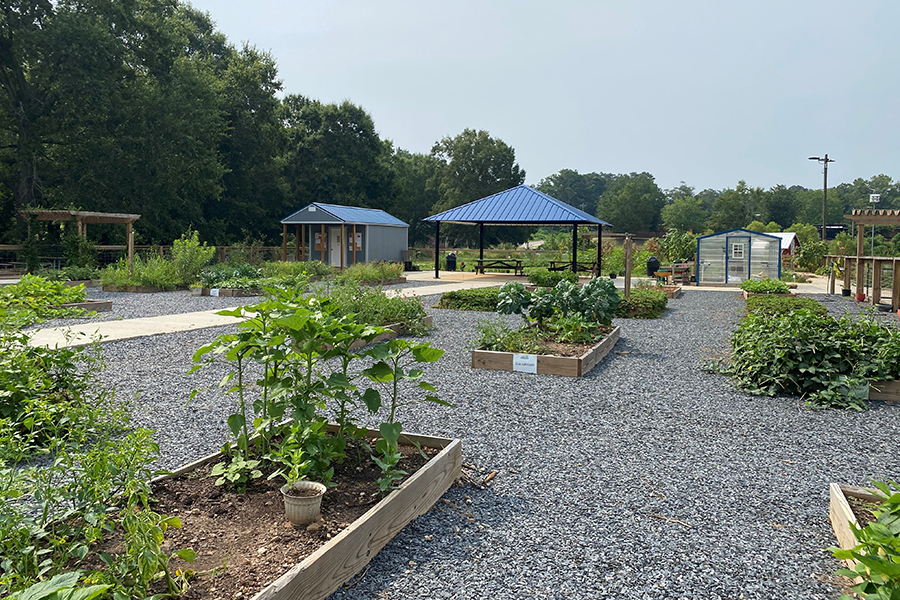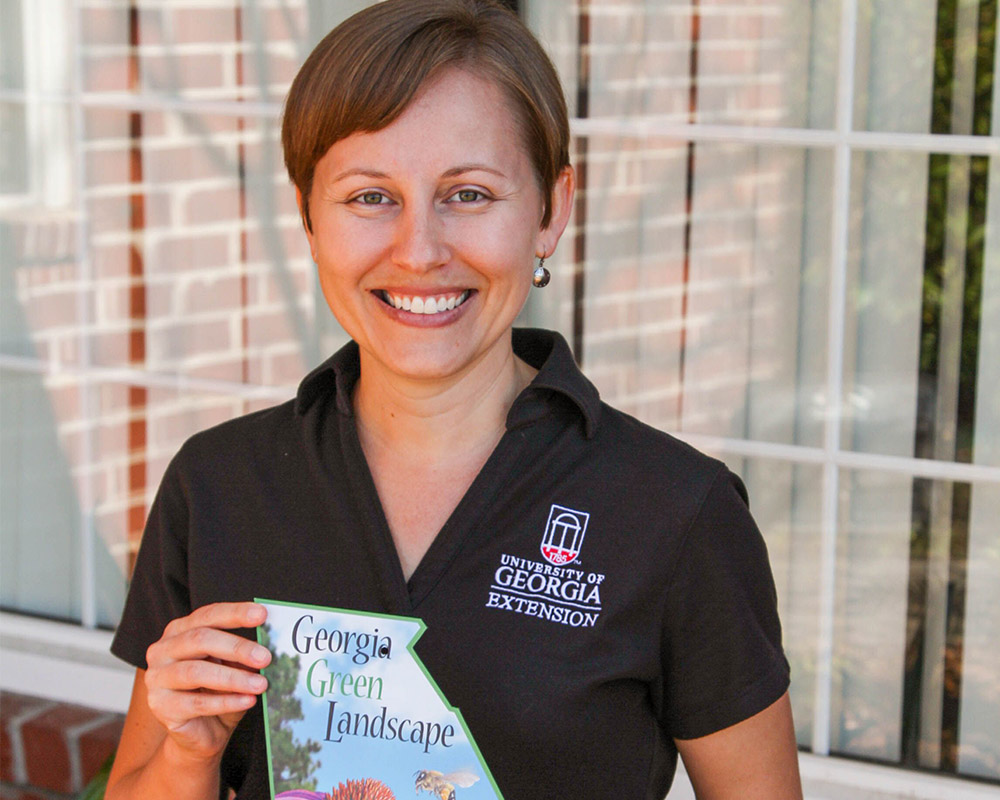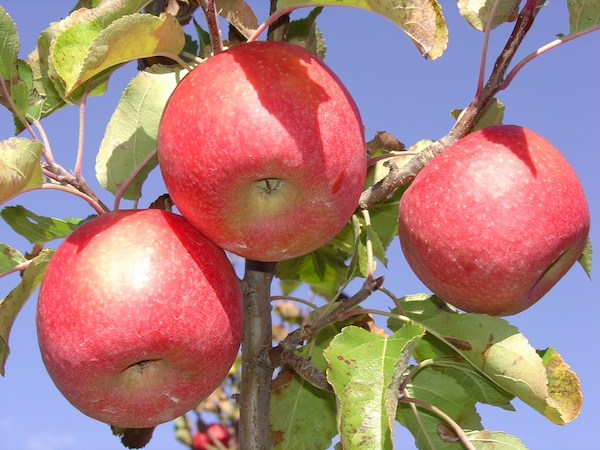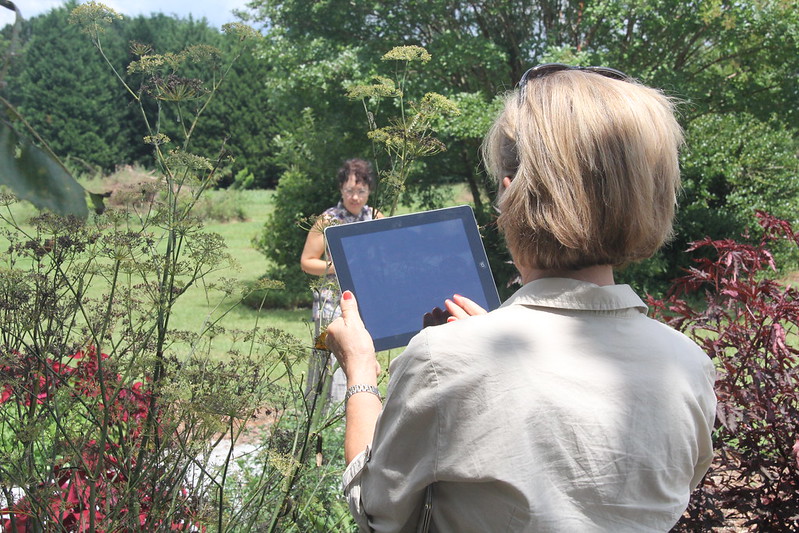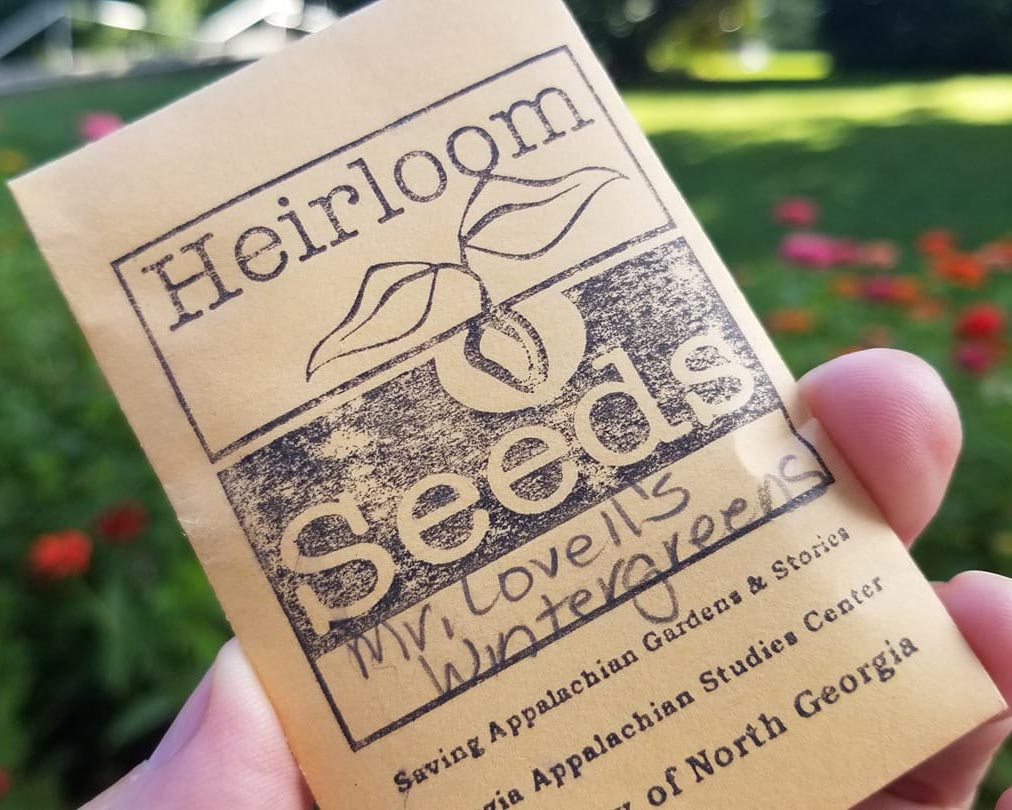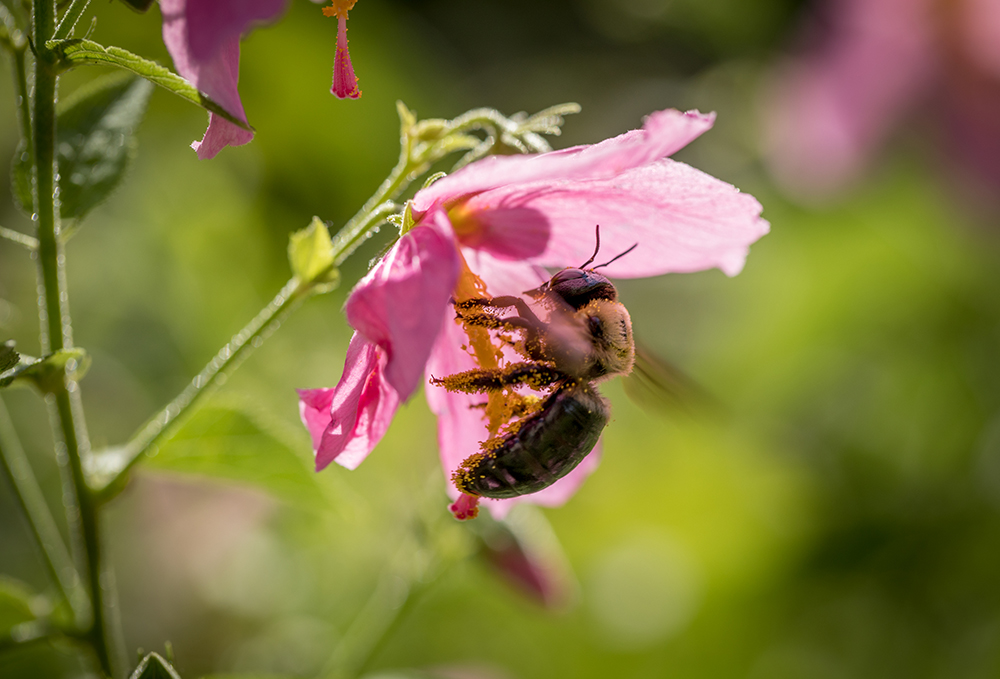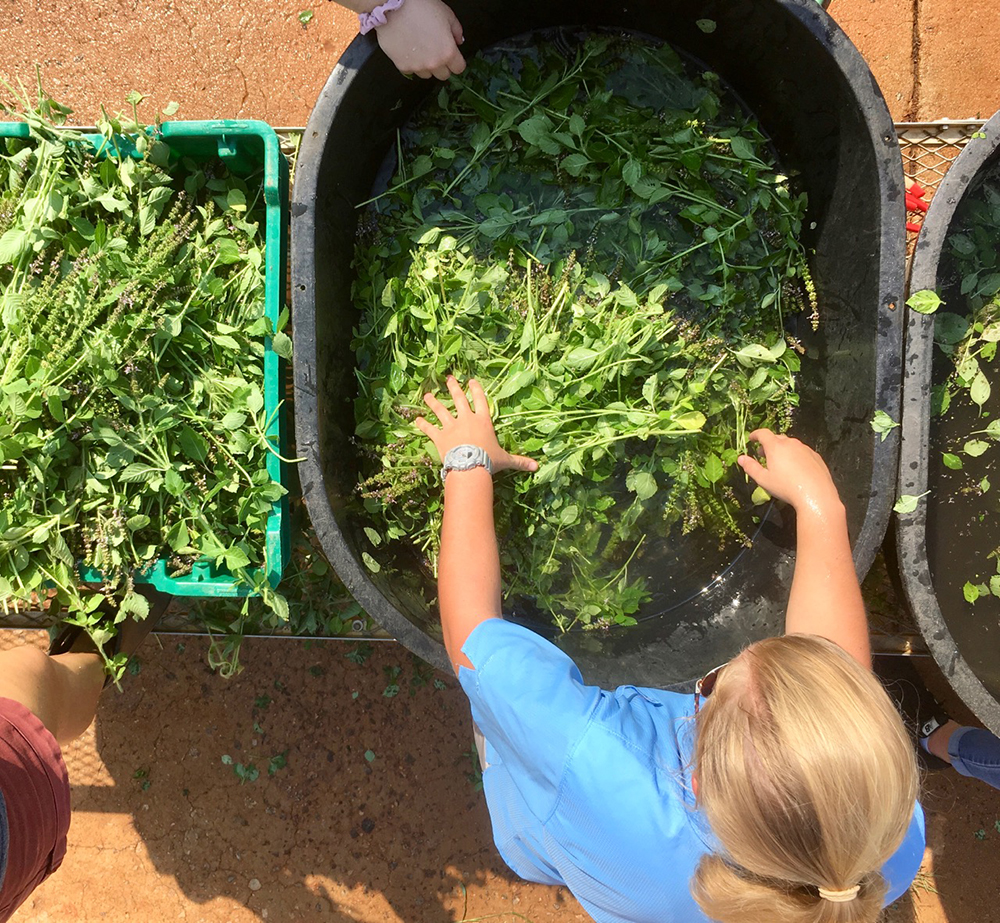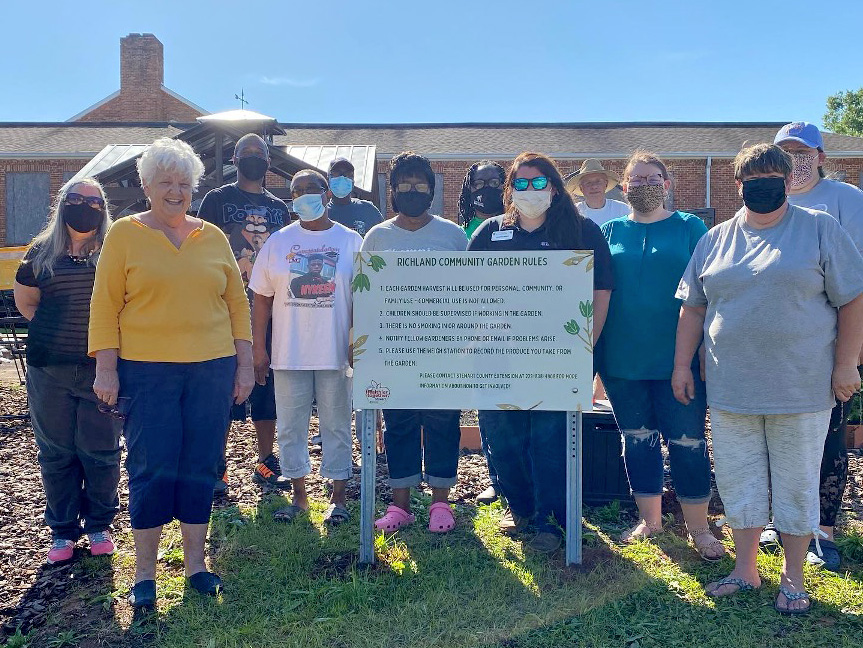 CAES News
CAES News
Healthier Together
Obesity affects millions of Americans and increases the risk of stroke, Type 2 diabetes, heart disease and other causes of premature death. The percentage of U.S. adults with obesity has risen steadily from 13.4% in the early 1960s to the current average of more than 42%.

.jpeg)
